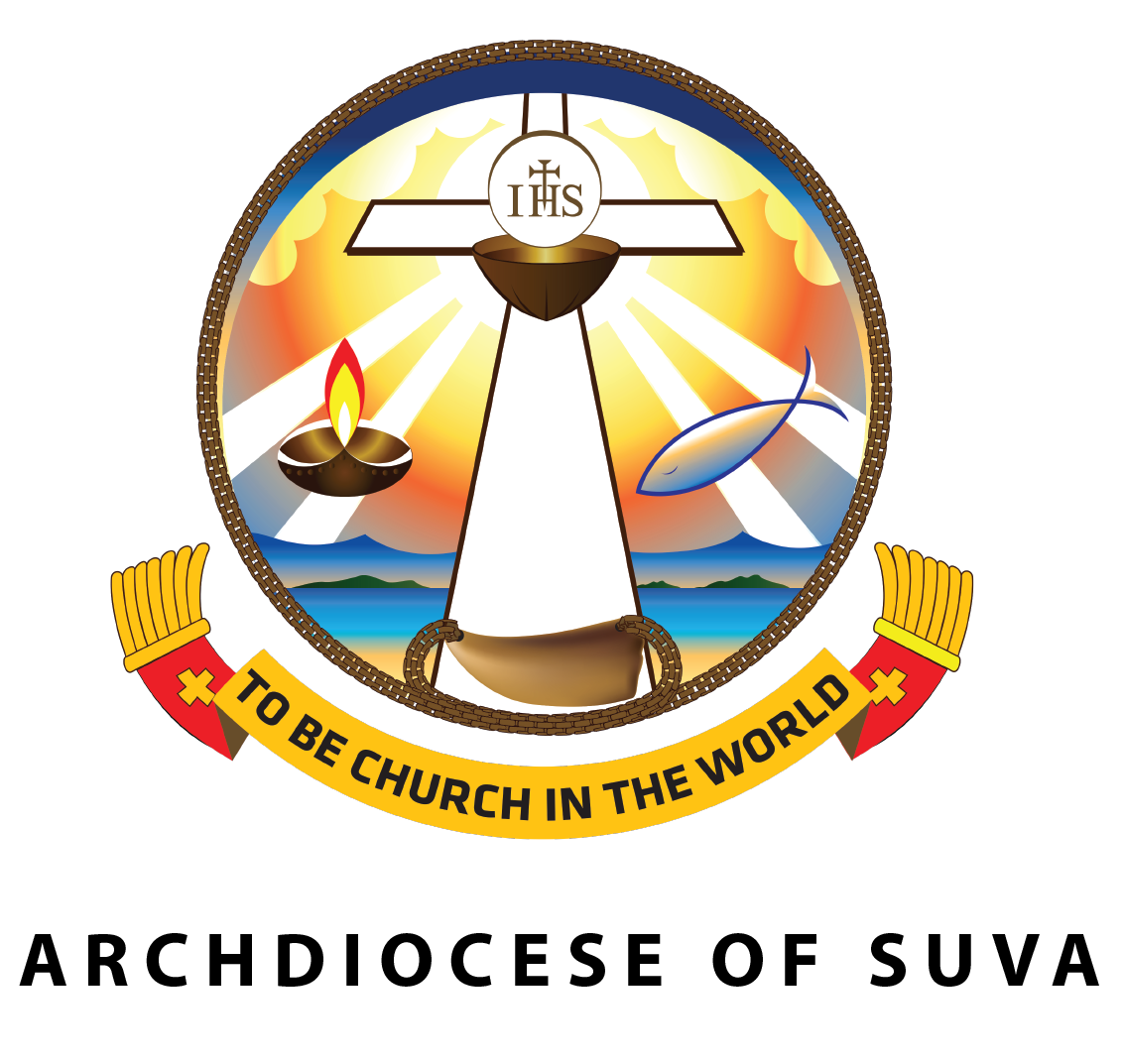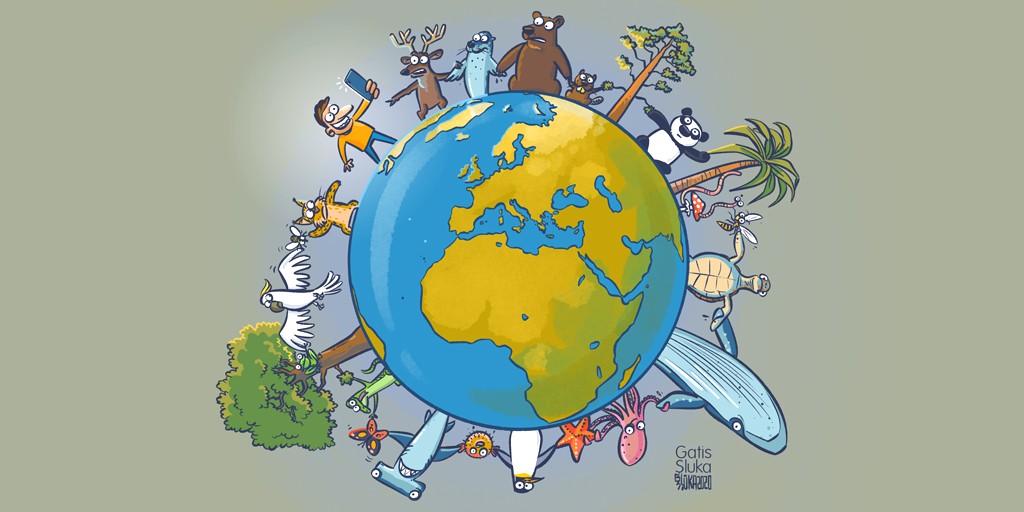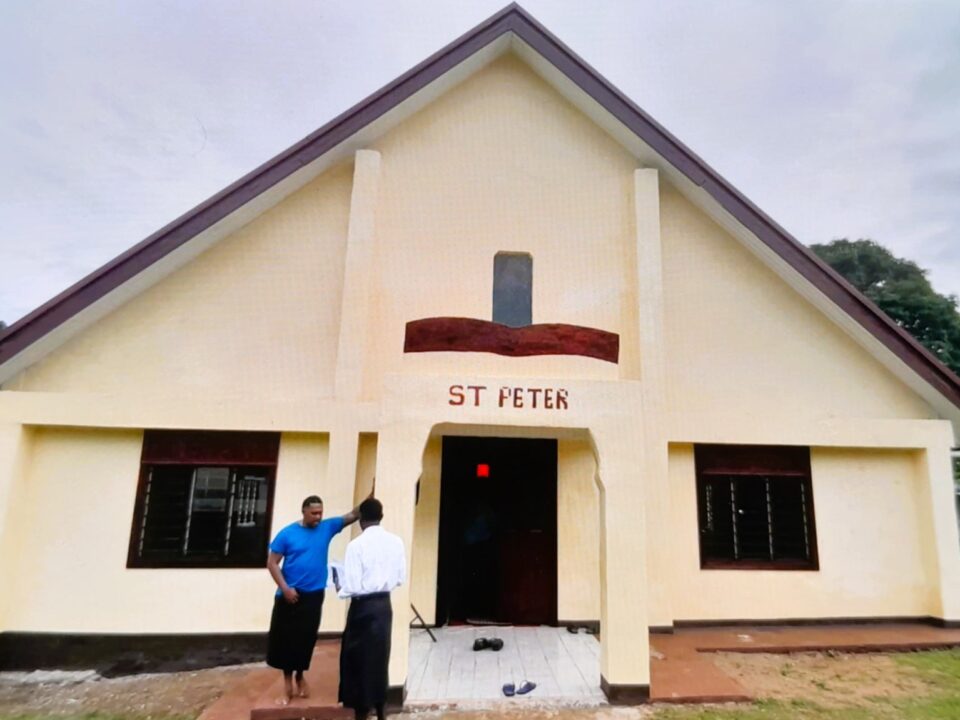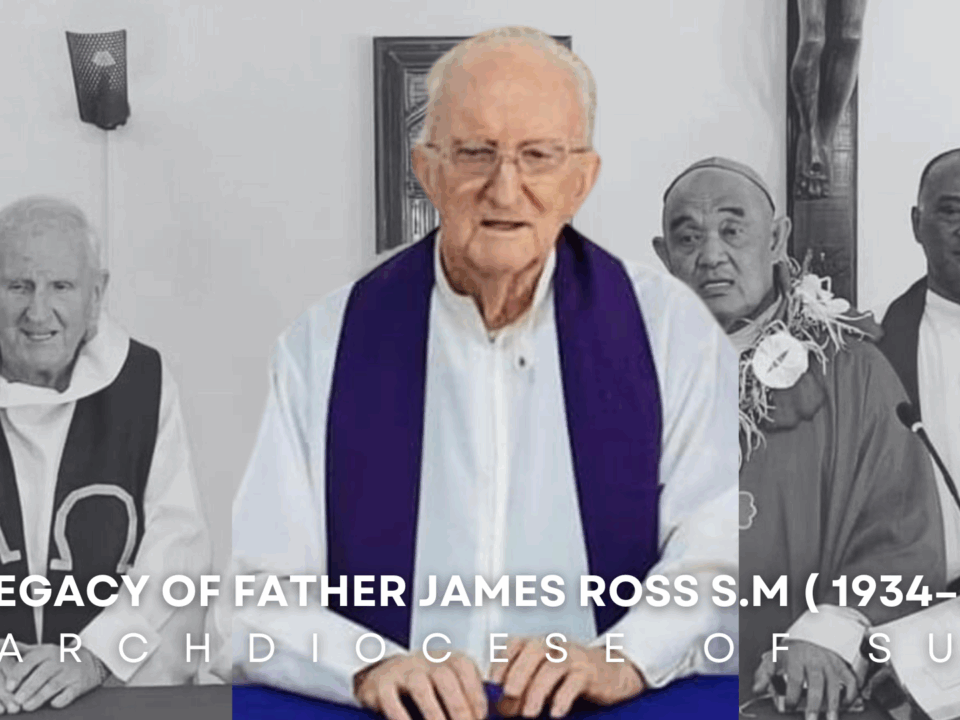BIODIVERSITY AND GOVERNANCE
by Archbishop Peter Chong
What is biodiversity?
Biodiversity refers to all species and living things on Earth or in a specific ecosystem. All different species and living things contribute the health of the ecosystem which in turn contributes to the health of the human society. For example,different creatures and plants contribute to fertile soil. Fertile soils serve productive agriculture. Agriculture serves human beings. Without biodiversity, the health of the planet is at stake.
Biodiversity Crisis
Recently, ecologists have begun to point to the ‘biodiversity crisis’ or the massive extinction of species. Ecosystems around the world are suffering from biodiversity degradation due to human activities. Human beings are killing many species.
Habit loss (loss of natural environment) is the primary cause of species’ extinction. Some habitats have been damaged by excessive cutting down trees, extractive industries, pollution, industrial waste, plastic, climate change, etc.
Human beings also contribute directly to loss of biodiversity. This is through over-harvesting, over-hunting and fishing, and pollution. For example, some people use dynamite and modern fishing technologies to catch fish.
Leonardo Boff, a Catholic theologian, spoke of the loss of biodiversity in his book ‘Cry of the Earth, Cry of the Poor (1995):
Pope Francis states that the current massive loss of biodiversity – loss of species is a direct result of human activity. Pope laments that “the loss of forests and woodlands entail the loss of species which may constitute extremely important resources in the future, not only for food but also for curing diseases and other uses. Different species contain genes which could be key resources in years ahead for meeting human needs and regulating environmental problems.”
The above points present an important message:
How are we managing biodiversity in Fiji?
I hear mix messages from our politicians regarding care for biodiversity.
Some positives:
The negatives:
Our political leaders state that they are committed to protecting our islands from climate change and preserving our biodiversity but on the other hand they give permission to companies to destroy our biodiversity which Fijian lives depend on.
This is hypocrisy. This is not putting the Fijian people first. This is putting rich companies first and our peoples and our natural environment last.
Pope Francis calls politicians to stop thinking of short-term gains and work for the common good.
We have a moral obligation to care for biodiversity and creation.
The word dominion in the Eastern world means having God’s dominion over every living creature. God’s dominion is love, care, and responsibility over the world. God’s dominion is not the destruction of living species. God calls us to be stewards of biodiversity and creation.
The Vanua framework of Biodiversity
Pope Francis, in Laudato Si No. 66 states that everything is interconnected. ‘human life is ground in three fundamental and closely entwined relationships: with God, with our neighbor, and with the earth.”
Vanua cosmology: Vanua refers Itaukei peoples (indigenous Fijians) relationship to the world of spirits (vu), with people, and the land – the Itaukei ethos.
Vanua represents the Itaukei’s understanding of biodiversity. If you harm the vanua, you harm yourself,
We care for the vanua, we care for self, neighbor, creation and God.




